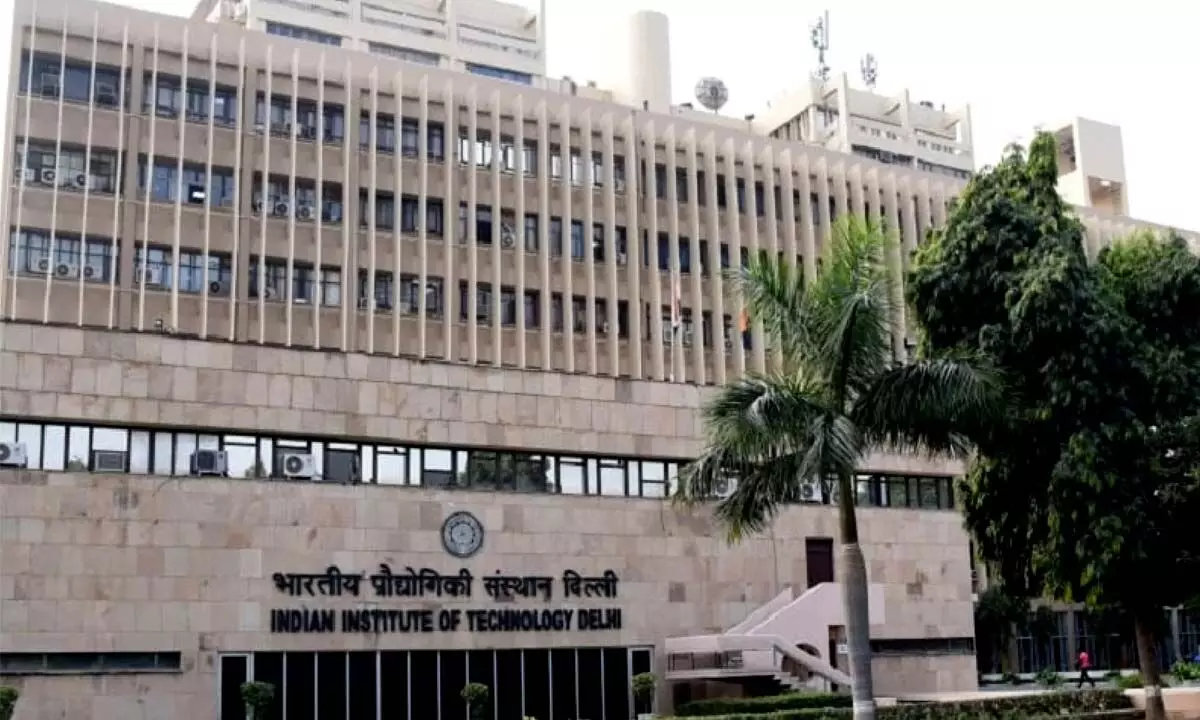Biomass Burning Drives Poor Air Quality in Delhi Post Diwali: IIT Delhi

IIT Delhi's Open House for JEE Advanced Qualified female candidates
National Capital’s air quality has depleted over the decades, with the Air Quality Index (AQI) dropping down to “poor” or even “severe” category.
New Delhi: National Capital's air quality has depleted over the decades, with the Air Quality Index (AQI) dropping down to "poor" or even "severe" category. According to the latest study by researchers from the Indian Institute of Technology, Delhi, Delhi experiences hazardous levels of air pollution during the Diwali festivities, primarily because of bursting of firecrackers.
The occasion of Diwali coincides with the crop harvesting season and thus stubble burning. But as per the study, titled 'Chemical speciation and source apportionment of ambient PM2.5 in New Delhi before, during, and after the Diwali fireworks', researchers found that the metal content in PM2.5 levels rose by 1100%, and the fireworks alone accounted for 95% of the metal PM2.5 during Diwali.
As per the lead author of the research, Chirag Manchanda, the impact of the fireworks, however, plummets within around 12 hours following Diwali. The research study has been published in the journal 'Atmospheric Pollution Research'. But it is important to note, the researchers have observed that pollution caused by stubble burning rose in the atmosphere in the subsequent days.
The researchers have found that biomass burning-related emissions rise steeply in the days following Diwali, with average levels almost rising by order of ~2 compared to the pre-Diwali concentration. Also, the source apportionment results pertaining to the organic PM2.5 indicate a significant rise in both primary and secondary organic pollutants in the days following Diwali, suggesting the role of biomass-burning related emissions in the increase of primary organic emissions and, in turn, their aged products following the Diwali festival.
"Both stubble burning and increased heating requirements of the region in winters drive the biomass burning activity", adds Prof Vikram Singh, Department of Chemical Engineering, IIT Delhi, who was one of the investigators.
The study thus concludes that the biomass burning emissions rather than the fireworks drive the poor air quality in Delhi during the days following Diwali.
"The result of this study provides crucial insights into a topic of long-standing debate and concern between air quality experts and policymakers committed to alleviating the extreme air pollution events in the capital of Delhi following Diwali," said the principal investigator Prof. Mayank Kumar, Department of Mechanical Engineering, IIT Delhi.
This study was partly funded by IIT Delhi and the Ministry of Education, GoI and conducted as part of a collaborative effort between IIT Delhi, IIT Kanpur, and Physics and Research Laboratory (PRL) Ahmedabad.















